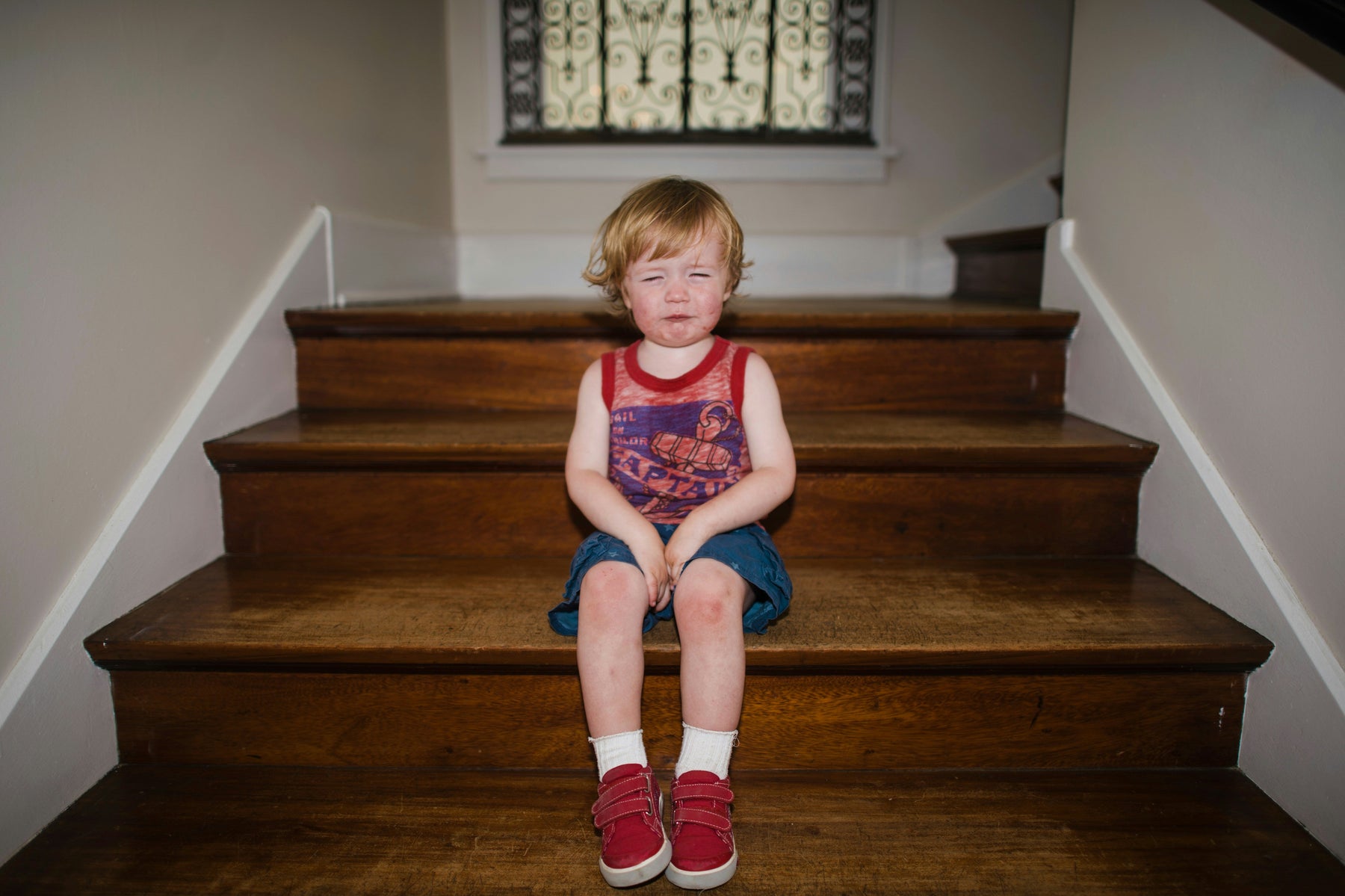
Tips to reduce sensory overload for your child
What is sensory overload
Sensory overload is common in children with autism who have sensory issues and can be triggered by various stimuli, such as loud noises, bright lights, strong smells, and textures. This can make them feel overwhelmed, unable to focus, irritable, restless, and upset. Sometimes it can result in over-excitement and other times anxiousness - it depends on the circumstances and how your child is feeling.
In this blog, SpecialKids Company will provide some tips to reduce sensory overload for your child.
Recognise triggers that cause sensory overload
It is important to try to recognize triggers that can result in sensory overload for your child. Keep a diary and note the times that your child is affected so that you can identify the cause. Sometimes, reactions to sensory stimuli can be inconsistent and unpredictable, so it may not always be possible, but it is good to have an idea so that you know what to look out for.
Create or identify a space safe
Create a safe space in your home or identify one when you are out of the house that you have an exit strategy when they feel overwhelmed with sensory overload. The space should be quiet and relaxing with minimum distractions.
Use aids to help your child
There are certain aids that you can use to help your child when they are experiencing sensory overload, for example ear defenders when things are noisy or fidget toys and chewies for reducing anxiety.

Sensory overload clothing
Sensory clothing may help or prevent sensory overload. For example, compression vests apply compression and deep pressure to the wearer, offering proprioceptive feedback to the body and shoulders. SpecialKids Company has a range of adaptive clothing that considers children with sensory issues. Our garments and accessories are made from materials that offer comfort and are designed specifically to make them suitable for those with autism and other disabilities.
Take time out to decompress
Allow your child to take time out when they are feeling overloaded. Speak to their nursery or school to ensure they understand how sensory overload can affect them. They may need their quiet space or to sit down and decompress with a favourite toy or ipad. Sometimes distraction can help.
Allow your child to ‘stim’
Don’t interrupt your child if they are stimming. Stimming is a self-soothing method, which can help your child relax and reduce tension when feeling overloaded by sensory stimuli. It might be repetitively tapping a pencil or rocking back and forth – as long as it is harmless to them and others – let them stim!
Use Deep Pressure
Deep pressure gives proprioceptive feedback and can help to relieve sensory overload. For example, give your child a tight hug or use a weighted cushion or blanket.
We hope that these tips are helpful. Is there anything that we have missed that you find useful? Let us know and comment below!

